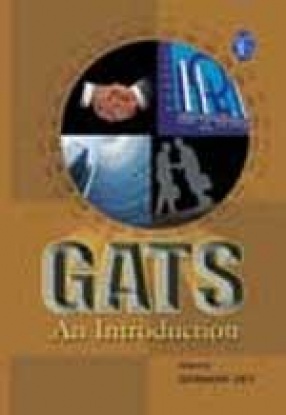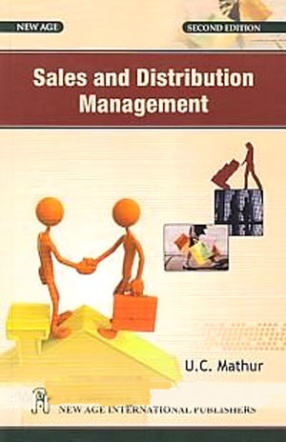The General Agreement in Trade and Services (GATS), a multilateral trade agreement on services came into effect from January, 2000. Unlike other WTO agreements, GATS offers much more freedom to the Member States by allowing ‘progressive liberalization’ of their service sectors through ‘request’ and ‘offer’ approach. GATS architecture is complex and definitions are sometimes ambiguous. It has been observed during the last few years, that the scope of its coverage has increased, keeping in line with the increasing importance of service sector in the global economy. According to the World Band data, the service sector GDP is the fastest growing component of total GDP in both low and middle income economies. Moreover, service sector GDP in such economies is growing at a faster rate than the world average. In 2000, service sector accounted for 54 percent and 44 percent respectively of the middle income and the low income economies’ total GDP and a recent research finding claims that elimination of service barriers to trade would yield an income gain of $1.4 trillion for the world. Most of the developing countries were against the inclusion of service sector under WTO trade negotiations. However, they could not succeed in their endeavor and GATS become an integral part of the new trading system under WTO. The complexities and ambiguities associated with GATS demand an impassionate analysis of this very important agreement. Keeping this in mind, this volume has attempted to unveil different clauses of GATS and its possible impact on global trade in services.
ABOUT THE AUTHOR Dipankar Dey
Dipankar Dey holds a PhD and a masters degree in Business Management from the University of Calcutta. He is currently working as Faculty Member at Icfai Business School, Kolkata. Prior to joining Icfai, he worked with corporate sector for over twelve years in senior positions including national marketing manager and for a brief period he was associated with a leading international NGO. Currently, he is also attached to the Department of Business Management, University of Calcutta as a guest faculty in the area of international marketing. Dey conducts Management Development Programs on trade policy and social sector management regularly. He has participated as delegate and resource person in different national and international seminars including the 'Conference of Parties-8' of UNFCCC and 'International Seminar on Environmental Regulations and Market Access' organized by OECD and UNCTAD. He was a member of the Advisory Group (Energy) formed by Stakeholder Forum (UK) during the Johannesburg Earth Summit 2002. He authored the country report 'Energy and Sustainable Development in India', on behalf of Helio International, France, which was submitted in the 14th Session of UNCSD, 2006 at New York, where he participated as a delegate. There are a few publications (including a book and a monograph) to his credit. His research articles and commentaries have been published among others in the Economic and Political Weekly, The Hindu Business Line and The Statesman. His areas of teaching and research interest are international finance and trade, international marketing, marketing research and energy policy. Dey is also the consulting editor of the Icfai Journal of Environmental Economics, a quarterly journal of the Icfai University Press.







There are no reviews yet.